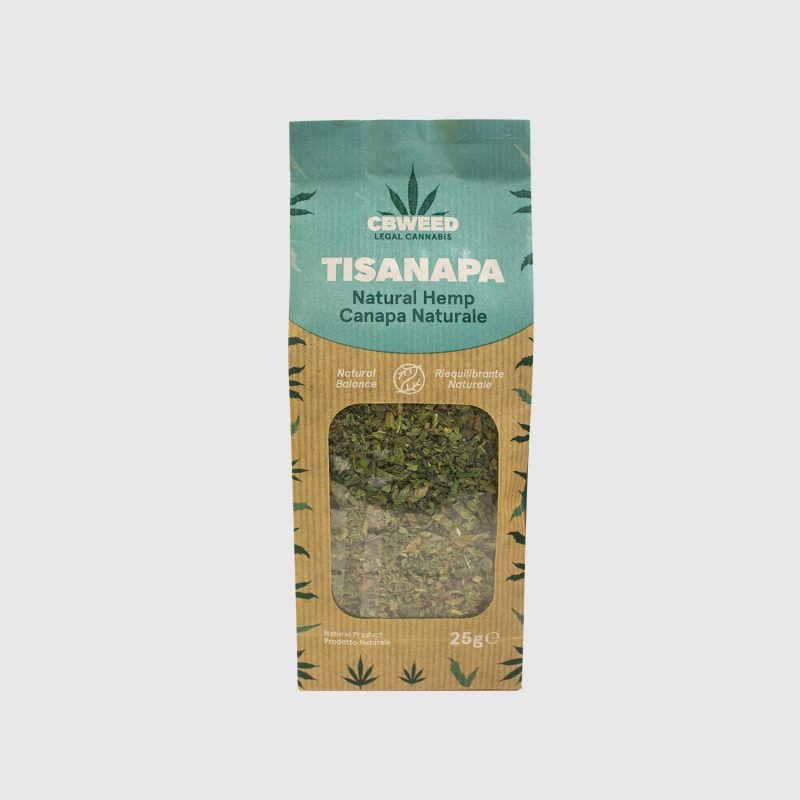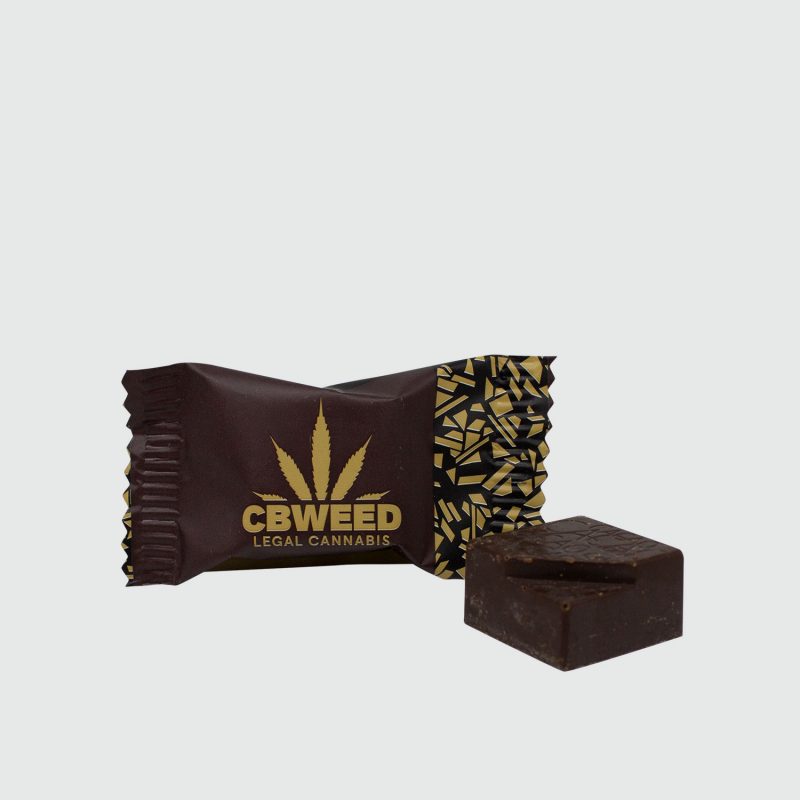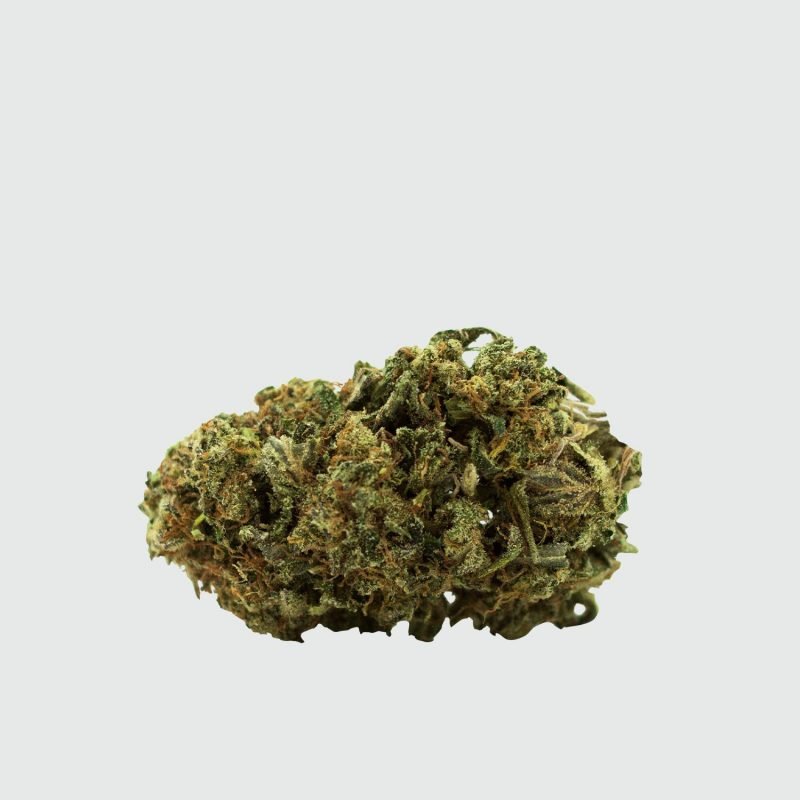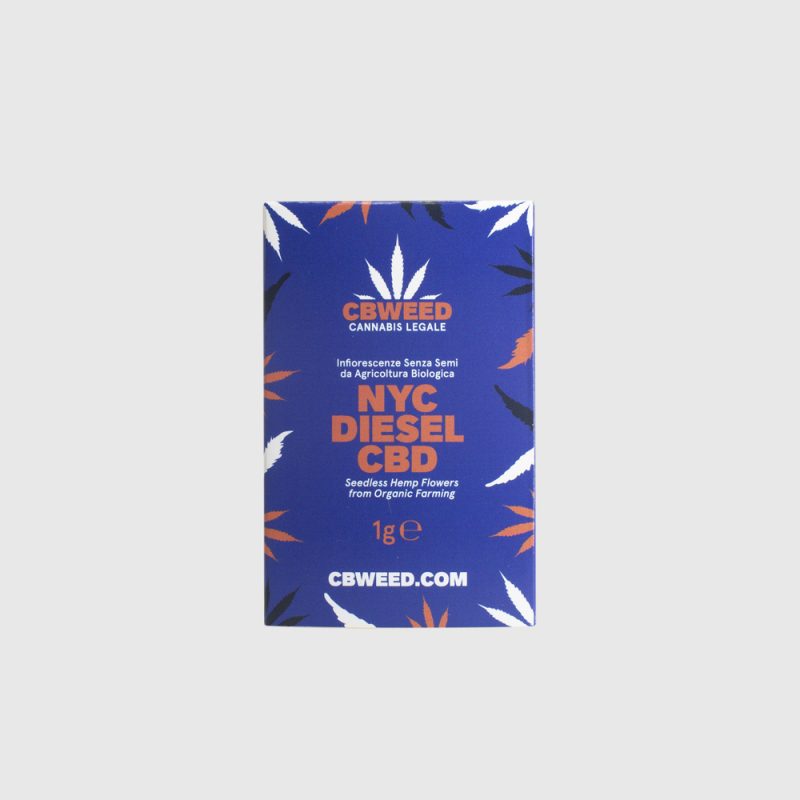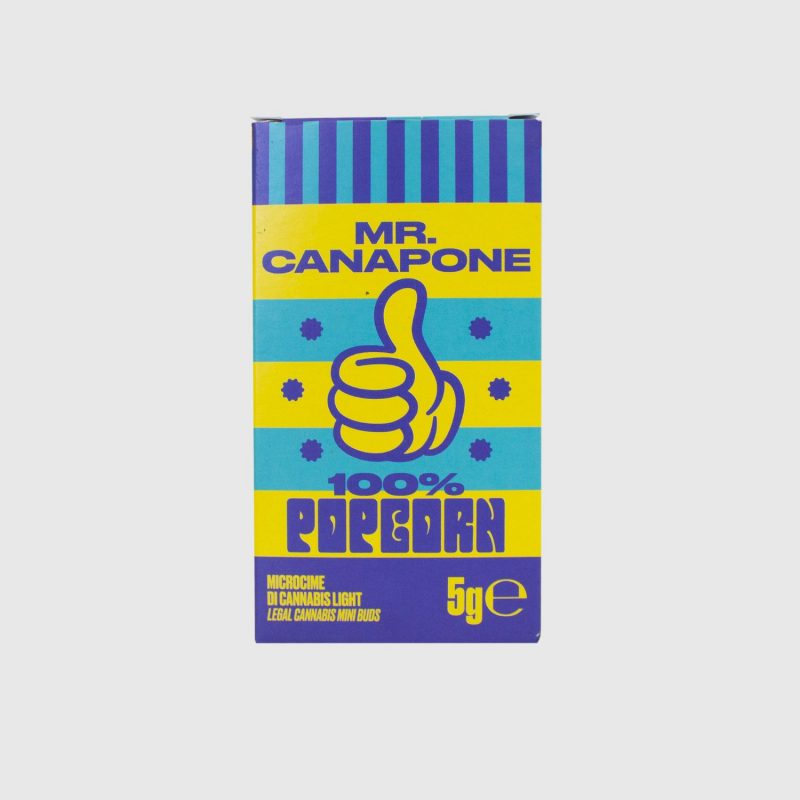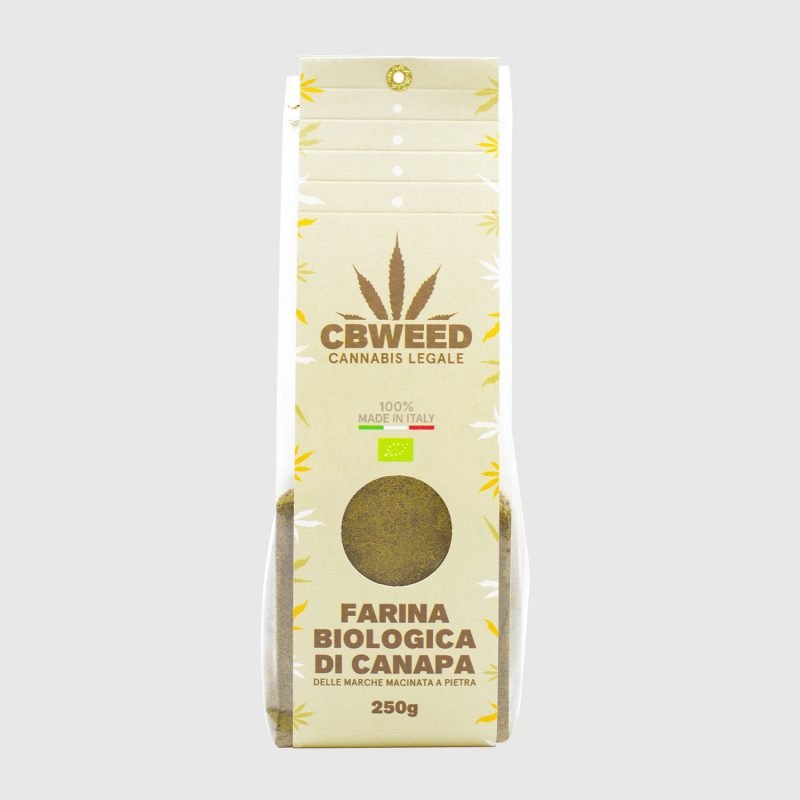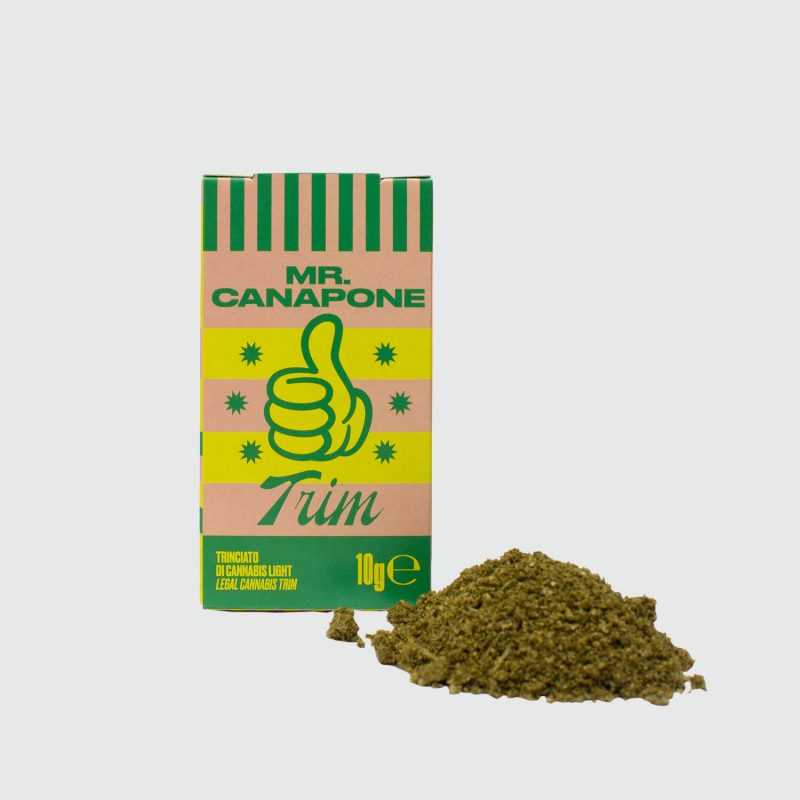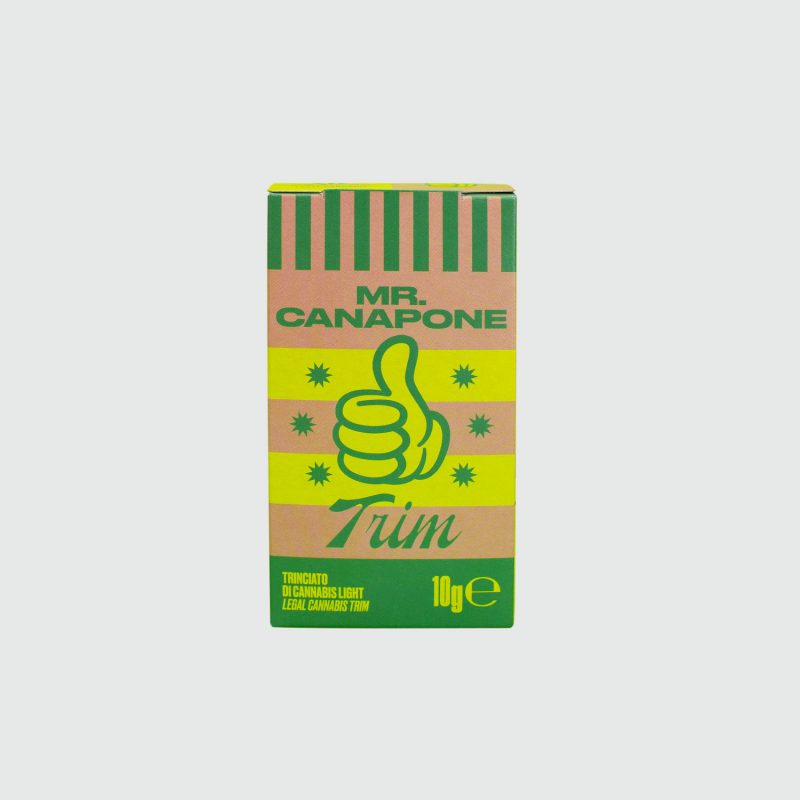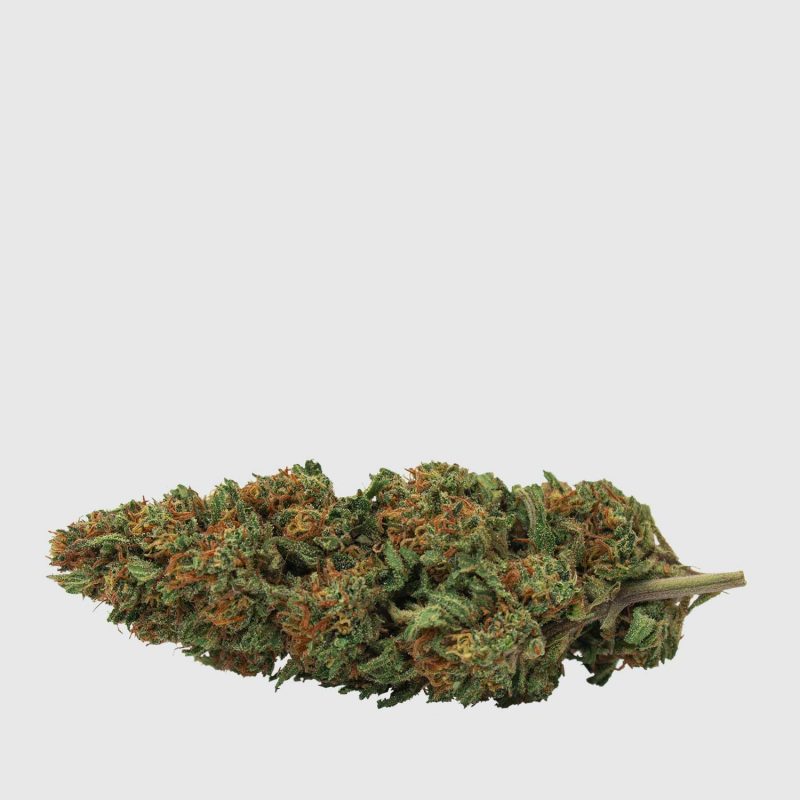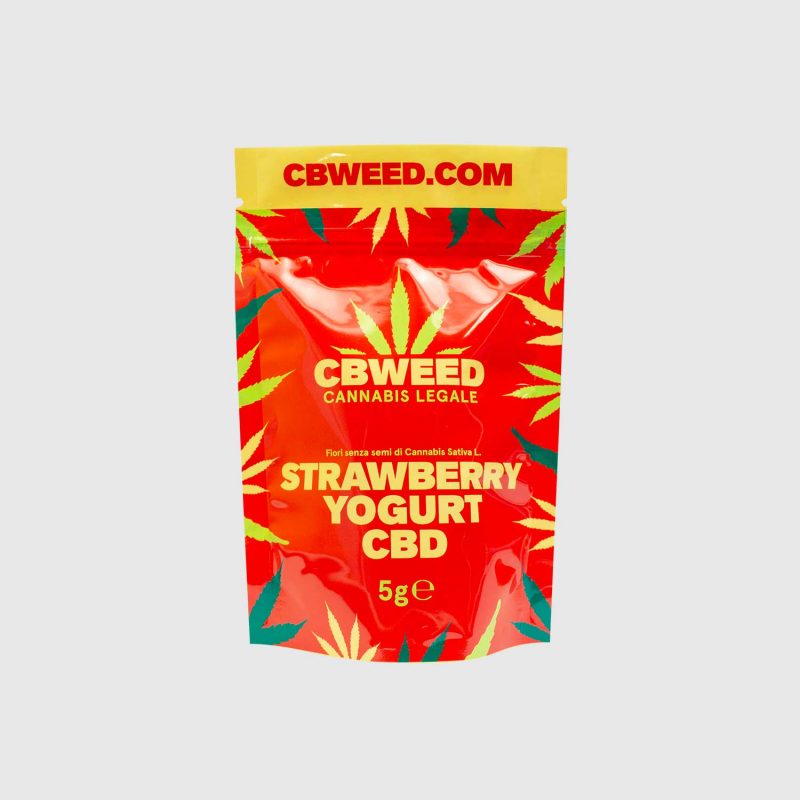What is CBD? Some clear information about the CBD molecule
First of all: CBD and THC are really different.
What is CBD? What’s the difference between CBD and THC? Hemp has always been found to have the most various applications, from the therapeutic, recreational to the fashion ones. That being said, it does not surprise that the first cultivations date back to more than 5000 years ago in Central Asia. It is believed to have arrived in Europe at least in 500AD. Thousands of years together and it still shocks us!
Hemp has always been at the heart of discussions and debates, to a greater extent after the boom of medical marijuana and the consequent development of legalization campaigns.
Hemp contains more than 400 natural compounds, between which we can single out two main molecule groups with active properties: terpenes and cannabinoids. Terpenes are biomolecules that give to each strain its own different aroma. Cannabinoid organic chemicals are instead able to communicate with the receptors of our endocannabinoid system.
To this day over a hundred cannabinoid have been identified in hemp, and CBD is one of them.
You may also be interested in:
A guide to CBD Oil
Cbd Does Not Get You High
CBD, or as it is officially called cannabidiol, was discovered in the 40s by Dr Raphael Mechoulam, who was an organic chemist and Medicine professor at the Hebrew University of Jerusalem in Israel. Mechoulam focused on the study of cannabis and of THC afterwards, he discovered the CBD molecule, which straightaway awarded the professor for its elevated potential in medicine.
CBD is the most common cannabinoid after THC in cannabis. In the last few years, its fame grew exponentially, as it gained the consensus after many demonstrations of its therapeutic properties in treating pain, sleep problems and anxiety. The main characteristic of CBD is that it is not a psychoactive cannabinoid, which means that it does not influence mood, conscience and mental faculties.
How Does Cbd Work?
The human body has an endocannabinoid system (ECS) with receptors mainly in the brain, the nervous system (CB1) and the immune system (CB2). When we talk about cannabis, with the knowledge we have today, we refer to the way THC and CBD interact with these two receptors. In these reactions, CBD is the CB1 receptor antagonist, which means that it does not activate or deactivate this receptor, but it merely moderates its actions.
These are not the only receptors that interact with cannabidiol. It has also been proved that high concentrations of CBD activate the 5-HT1A receptor (which controls serotonin) to create an antidepressant effect. It should be duly noted that CDB does not react with our physiological processes, but it only plays its part when there is some sort of shock to the ECS (endocannabinoid system), like pain, high level of anxiety and the presence of another cannabinoid to moderate its effects.
Various studies have shown the positive consequences of CBD on the body:
- Anti-inflammatory
- Anti-oxidant
- Neuroprotection
- Tranquillizer
- Anti-depressant
- Analgesic
- Antitumor
- Neuroleptic
Cbweed believes in the use of CBD for therapeutic purposes but as a dietary supplement. If you are not sure about how to use CBD, ask your doctor. In our online shop, you can find CBD based products, such as oils and the new gelatine capsules.


 Italiano
Italiano



